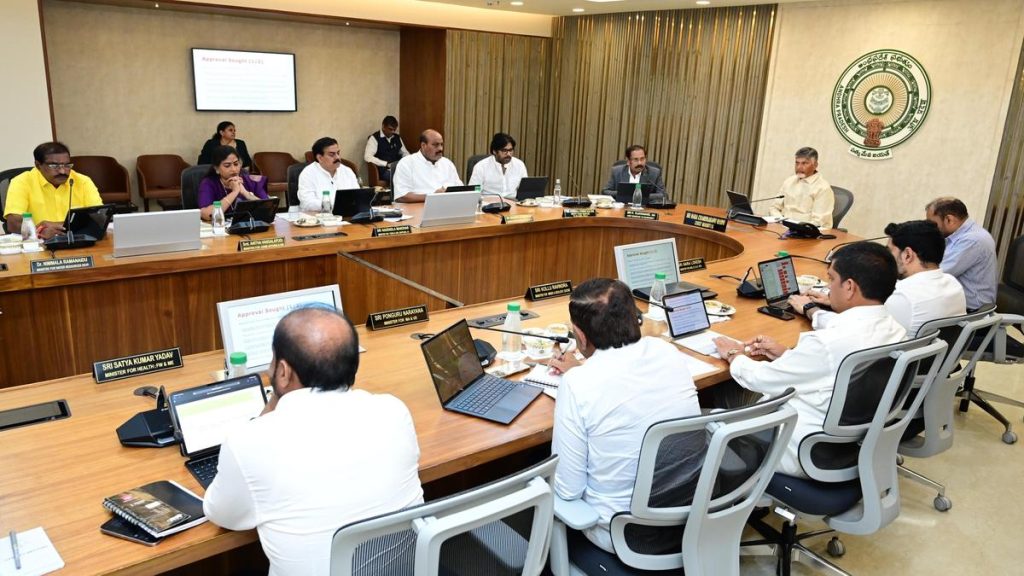Now Reading: Understanding the Morning-After Pill: How It Works
-
01
Understanding the Morning-After Pill: How It Works
Understanding the Morning-After Pill: How It Works

Quick Summary
- Morning-after Pills Overview: Emergency contraceptives, such as Plan B (progestin-based) and ella (anti-progestin-based), prevent pregnancy by delaying ovulation.
- Efficacy: Plan B reduces pregnancy chances by 81% to 90% when taken within three days, while ella remains effective for up to five days with no decrease in potency.
- Mechanism Limitations: Pills are ineffective if ovulation has already occurred. Early ingestion is recommended for maximum efficacy.
- BMI Influence: Studies show emergency contraceptive pills may be less effective for individuals with higher BMIs, but ella tends to perform better at elevated BMI levels compared to Plan B.
- Abortion Misconception Clarification: Morning-after pills prevent pregnancies before they occur; they do not terminate existing pregnancies nor work like abortion pills.
- Othre Alternatives: Copper IUDs are more than 99.9% effective as emergency contraception and unaffected by BMI. They can also provide ongoing birth control.
!Image of Plan B package on a pharmacy shelf
Indian Opinion Analysis
India has seen growing discussions around access to contraception methods amid evolving societal attitudes toward reproductive health. Morning-after pills serve as vital tools in preventing unintended pregnancies, especially in urban areas where awareness is slowly expanding. Though, their availability without age restriction or prescription-like progestin-based options in the U.S.-remains inconsistent across India due to regulatory frameworks and societal taboos surrounding their use.
Challenges such as misinformation about emergency contraception could led to hesitancy or misuse among Indian users, similar issues noted globally according to the article’s observations. Functional clarity of morning-after pills-such as distinguishing them from abortion medications-is crucial for public understanding and acceptance.
The varying efficacy influenced by factors like BMI highlights the importance of further research catered specifically toward India’s diverse population demographics while promoting universal access alongside education campaigns targeting both urban and rural areas. The introduction of highly effective Copper IUDs could broaden strategies for family planning efforts nationwide if scaled efficiently.
Read More here


























